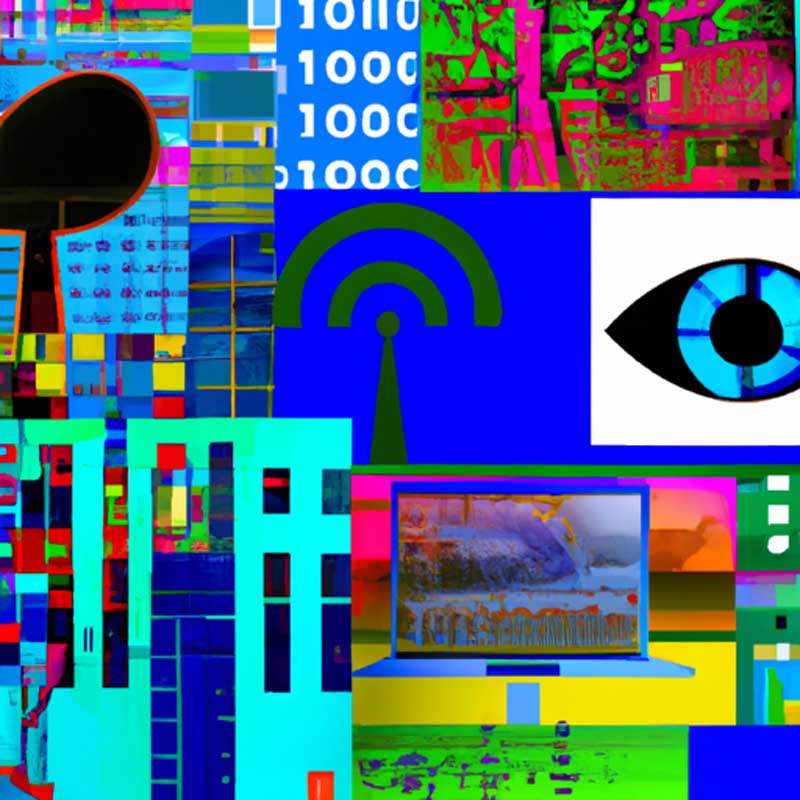TikTok Shop, the e-commerce arm of popular social media platform TikTok, is raising seller fees and discontinuing subsidies for sellers. The move comes as TikTok Shop aims to boost its revenue and profitability, and align its business model with that of other e-commerce platforms like Amazon and Alibaba.
OpenAI, the artificial intelligence research lab, is offering publishers as little as $1 million per year to license their news articles for use in training its language models. This relatively small amount could make it difficult for OpenAI to strike deals with media firms, particularly smaller publishers. In contrast, Apple is also seeking similar deals with publishers but is offering more money and broader rights to use the content for future AI products.
This Week in AI:
- OpenAI is offering publishers as little as $1 million per year to license news articles for training language models
- TikTok Shop raises seller fees and ends subsidies to boost revenue and profitability
- Apple is seeking content licensing deals with publishers, offering more money and broader rights to use the content for future AI products
OpenAI, the renowned artificial intelligence (AI) research lab, is reportedly offering publishers as little as $1 million per year to license their news articles for training its large language models. Two unnamed executives who recently negotiated with OpenAI revealed that even small publishers might find this amount too low to justify a deal. This raises questions about OpenAI’s ability to strike partnerships with media firms. In comparison, Apple, which is striving to catch up to OpenAI and Google in the generative AI sector, is also in discussions with publishers to secure the rights to their content. While Apple is offering more money, the company is also requesting broader rights to use the content for future AI products.
The limited financial compensation offered by OpenAI to publishers could present challenges for the company in establishing partnerships. News organizations, especially smaller ones, may find it difficult to justify licensing their content for such low amounts. OpenAI relies on access to large amounts of high-quality text data to train its language models, so securing agreements with publishers is crucial for its continued advancement in AI research and development. However, if these partnerships prove elusive due to low compensation, OpenAI may face limitations in acquiring the necessary data.
On the other hand, Apple is taking a different approach in its negotiations with publishers. The company is offering more money than OpenAI, likely to entice publishers to license their content. However, Apple’s request for broader rights to use the content for future AI products raises concerns about potential misuse and control over the content. While OpenAI has not revealed specifics about its intended usage of licensed content, Apple’s desire for greater flexibility in utilizing the material may lead to a more expansive scope of AI-related applications.
Overall, these developments highlight the challenges that OpenAI and Apple face in securing licenses to news articles from publishers. OpenAI’s comparatively low compensation may hinder its ability to strike deals, while Apple’s broader usage requests could limit publisher enthusiasm. The outcome of these negotiations will have implications for the AI research and development strategies of both companies, and could shape the landscape of AI-generated content in the future.
